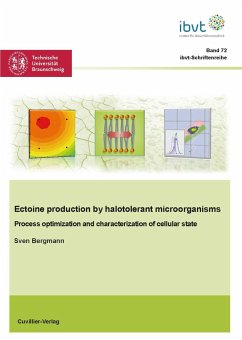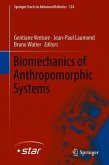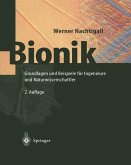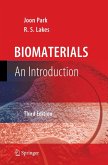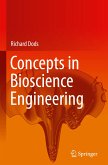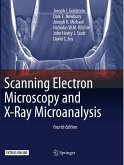Halophile microorganisms are important ectoine producers and applied in industrial applications. The growth and osmoregulation are distinguished based on the diversity of environmental distribution and thus require holistic investigations of cultivation condition and osmotic response. Alkalibacillus haloalkaliphilus was used to extensively study the production and secretion of the compatible solute ectoine and allowing biological interpretations on bacterial stress response by investigation of the changes within cellular state and membrane characteristics during the stress-related bioprocess. Following the holistic approach, first nutrient requirements of the organism were screened by microarrays, providing an enhanced biological insight in the catabolism and reveals bottlenecks in metabolism, which resulted in a selection of potential industrial raw materials. The most appropriate substrate source was then applied for the optimization process using DoE and RSM. Since microbial growth and ectoine production are functions of the process key parameters salinity, pH-value and temperature, the optimization resulted in three significant process strategies. For each strategy, single-cell analysis was performed using a newly developed staining method for monitoring the change in membrane potential of halophilious microorganisms. Subsequently, the loaded cells were forced to release the accumulated ectoine by combined thermal and hypo- and hyper-osmotic shocks. As the bacterial stress response, combined with physiochemical responses to the altered environment, influence the cell membrane properties, the changes in membrane fluidity and integrity induced by environmental stress were investigated by fluorescent approach, using steady-state anisotropy measurements and singlecell analysis, which leads to optimized secretion conditions. The established single-cell analysis (flow cytometry) and steady-state anisotropy measurement revealed changes of the physiological state during ectoine production and secretion and thus provides a deeper insight in the bacterial stress response.
Bitte wählen Sie Ihr Anliegen aus.
Rechnungen
Retourenschein anfordern
Bestellstatus
Storno

